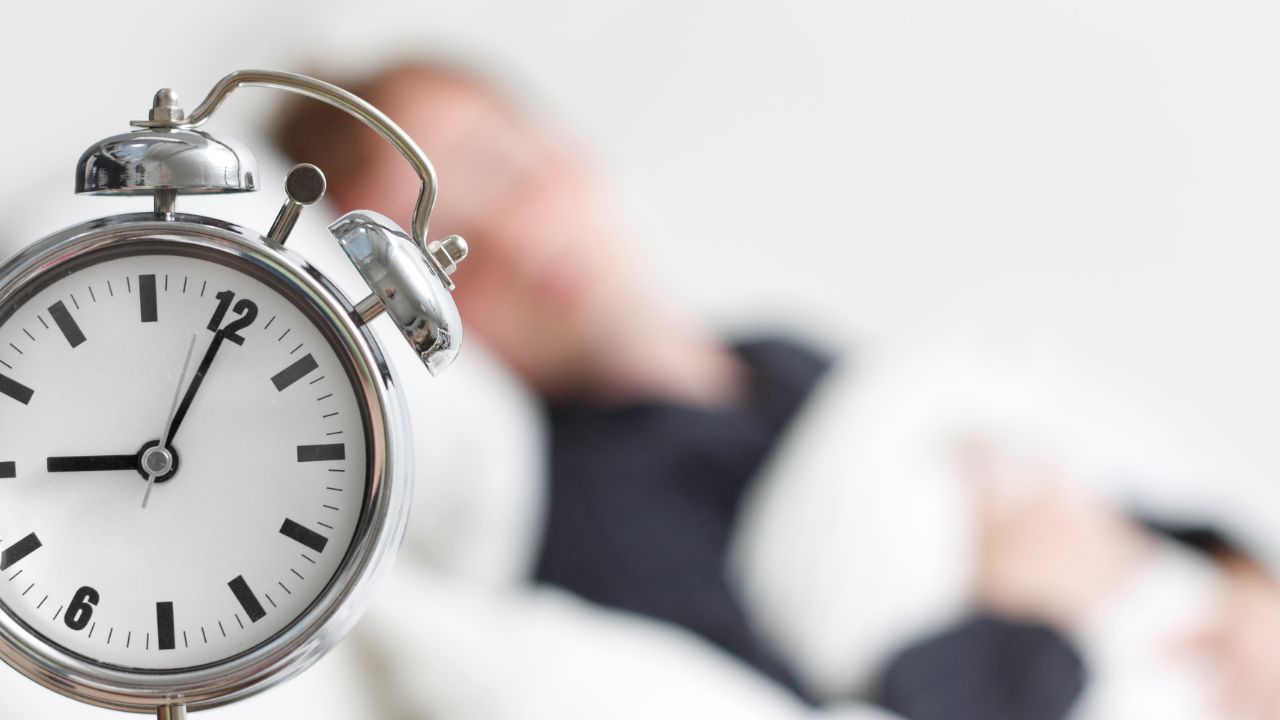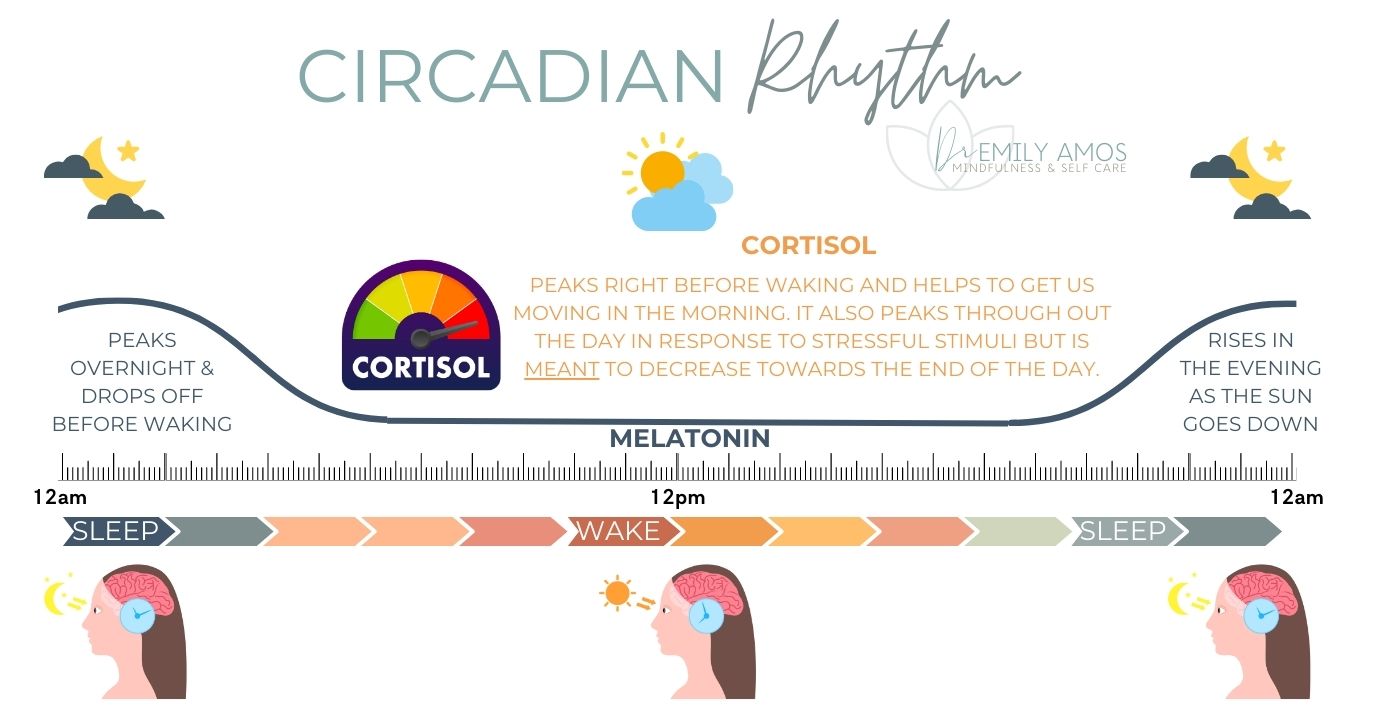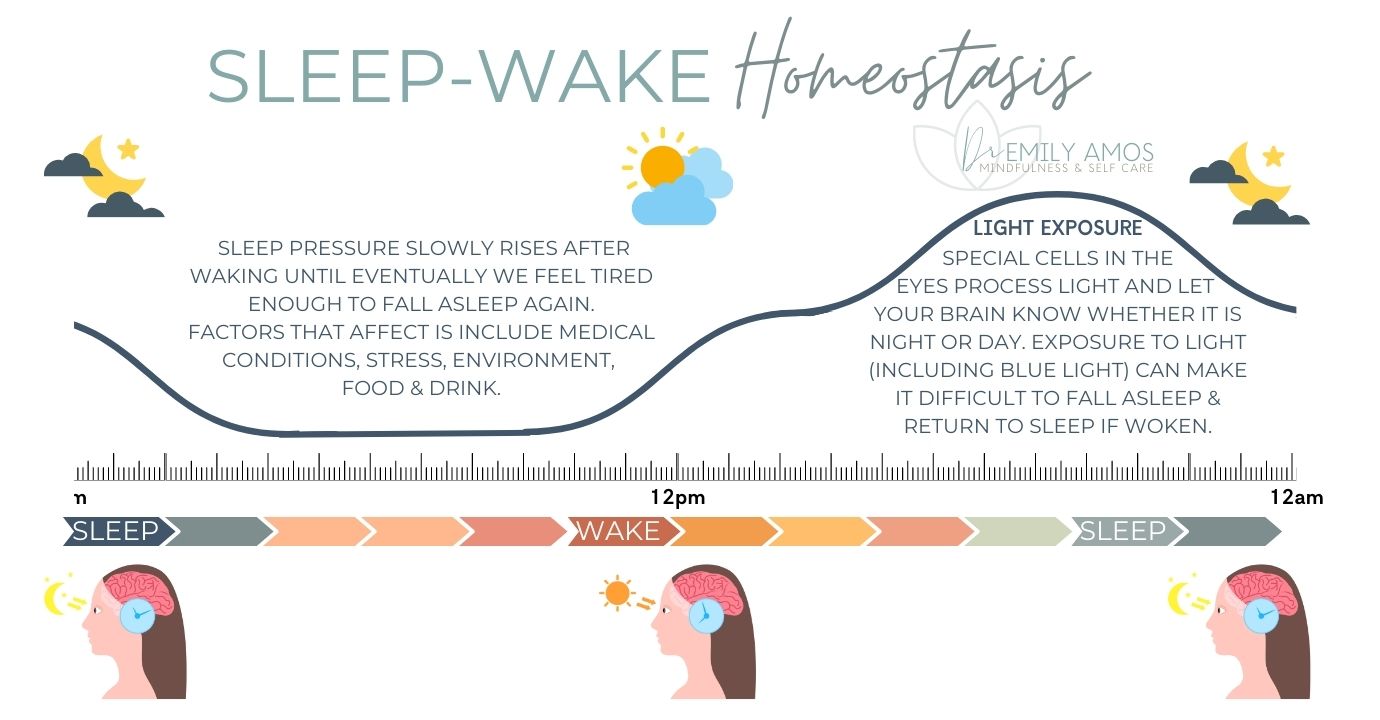Sleep like a baby... or not.
Aug 24, 2023
I'm writing this blog in the early hours of the morning after having woken up at around 3am and not been able to fall back asleep, a not so uncommon occurrence for many of us at some point or another. For many years in fact, this was actually a pretty common occurrence for me. These days it is thankfully much less common for me but despite this still not a pleasant experience.
So I'm doing what I tend to do a lot in response to discomfort, I'm writing about it.
Sleep, like a lot of things about being human is often met with a disappointing mis-match between expectation and reality. We're led to believe that sleep is "natural and therefore simple" when in fact it comes about as a result of quite a delicate interplay of situational, environmental, hormonal and ultimately psychological factors, any one of which can lead to the situation in which I now find myself.
Awake... 3am... busy mind.
Now as a doctor, I understand the biology of sleep- why we sleep, how we sleep etc, but ultimately this understanding does little to actually HELP me to sleep when I find that I can't. The reason for this is that although I know the importance of the hormone melatonin in bringing about sleep, the complex interplay of messaging between areas of my brain that switches me through the 3 different stages of non-REM (Rapid Eye Movement) as well as REM sleep- I also have a brain exactly like everyone else's and the very first thought that pops into my head as soon as I wake in the early hours of the morning is "you'll never get back to sleep". I'm sure you know that thought.
So let's start with the basics- how do we sleep?
In a nutshell, sleep is regulated by two main drivers:

This is our bodies hormonal response to the usual cycle of daytime to night time. Melatonin (our 'sleep hormone') production eases off in the early hours of the morning and then stays pretty low through out the day until the sun goes down and it sharply rises again- guiding us towards sleep. In an ideal world, cortisol wakes us in the morning and kicks all sorts of bodily systems into gear as we rise our blood pressure ready to get up and moving, our body temperature rises and our body and mind feel active. Cortisol is often demonised in this modern world as a "stress hormone" but actually, it is a really great activation hormone. We're meant to have a peak of cortisol in the morning and we're also meant to have peaks through out the day as we meet and respond to stress. It is a fantastic trigger for all sorts of physiological responses that help us to skilfully respond to stress, but it is meant to ease off towards the end of the day and excessive cortisol floating around towards bedtime can inhibit your body's natural melatonin production (we'll get to this later). The problem for a lot of us however is that our bodies and minds are inundated with cortisol long after bed time and in fact, most of our living hours.
AND

This is the main driver of the feeling of sleepiness and is heavily affected by sunlight (or blue light in this age of devices and screens). Another big force that affects sleep-wake homeostasis is the substances that we consume that impact upon sleep- things like caffeine and alcohol. Our susceptibility to chemicals like caffeine is partially genetic- some of us just metabolise or break down caffeine slower, so it stays around affecting our body for longer. Others, break it down so quickly that they could have an espresso right before bed and it wouldn't affect them. You can't change your genetics so if you're one of the former group, best to avoid caffeine from early afternoon. However some of your response to caffeine is also determined by tolerance that can be developed over time, I'll leave it up to you to decide how important afternoon coffee is to you. Alcohol changes our sleep architecture so that you might still be able to fall asleep fine, but your movement through different phases of sleep cycles will be affected resulting in decreased sleep quality if not always sleep quantity.
Despite knowing all of this, I am still here awake at 3am. So if understanding sleep doesn't help me to sleep, what does?
Well, I couldn't write about sleep without touching on the important basics of sleep hygiene. When we talk about this as doctors, we're talking about those practices that help to optimise the two main drivers of sleep I discussed above. These include:
- Getting up at roughly the same time every day- regardless of weekday/weekend. Which ultimately also means going to bed at roughly the same time every night.
- We also suggest that you get up at the earliest time that feels right for you keeping in mind that rising of the sun and our bodies exposure to light is a big driver of sleep rhythm.
- Avoiding screens and artificial light sources in the evening when our body is meant to be adjusting to the lower light of dusk.
- Keeping our bedrooms cooler rather than warmer as our bodies are accustomed to this drop in temperature of a night time and it can help bring about natural and fitful sleep.
- Limiting caffeine in the afternoons and evening to help us to actually feel tired when our body is ready to go to sleep.
It all makes sense doesn't it?
So what happens if you're like me and you've woken at night time?
Well, the evidence suggests that you should only give yourself 15-20 minutes in bed (without immediately reaching for your phone) to try and fall back asleep. After that you're best off getting up and doing something away from your bed so that your mind doesn't fall into that endless loop of "you're never going to get to sleep" thoughts... trust me on this one, no one wins that argument.
So here I am, writing somewhat ironically about sleep as I struggle to sleep.
I have used all the tools that I usually use to fall back asleep- meditations, breath work- but despite this I still have young kids who sometimes wake overnight. I still have a busy brain that sometimes gets stuck in thought loops, loves to make big plans and ponder interesting stuff. I live in an environment where sometimes my neighbours start their cars early in the morning or a possum jumps onto the roof (with the ensuing response of my dog loudly barking at it). So sleep will always fluctuate despite our best laid plans.
And in all my years of working with patients and new parents as a GP/Lactation Consultant or busy minds as a meditation teacher the biggest lesson I have learnt has been don't fight it.
In the same way that I hold my thoughts lightly as I practice mindfulness, I am also choosing to hold this transient fluctuation in my sleep rhythm lightly as well. I am choosing to view this without judgement and I am showing myself kindness as I approach a new nights sleep again tonight with a clean slate.
So here I am reflecting, writing, sharing.
How about you? Is sleep something that you struggle with?
Stay connected with news and updates!
Join the mailing list to receive the latest blogs, news and updates.
Don't worry, your information will not be shared.
We hate SPAM. We will never sell your information, for any reason.

